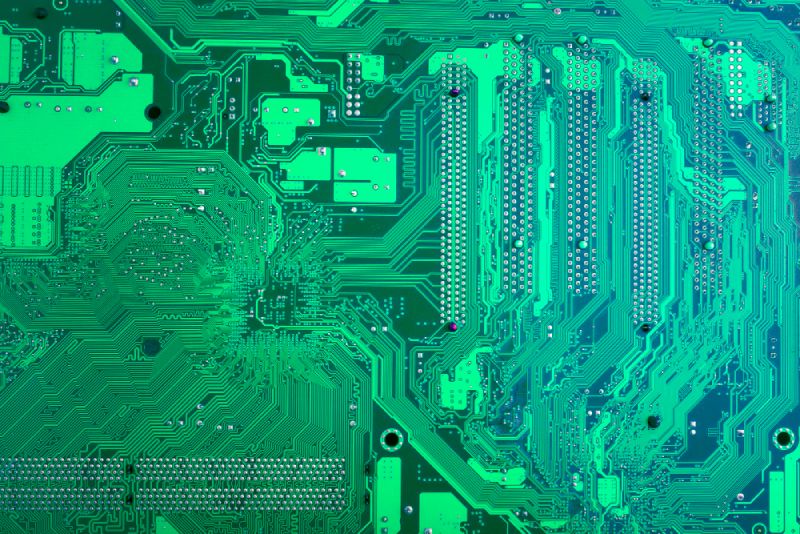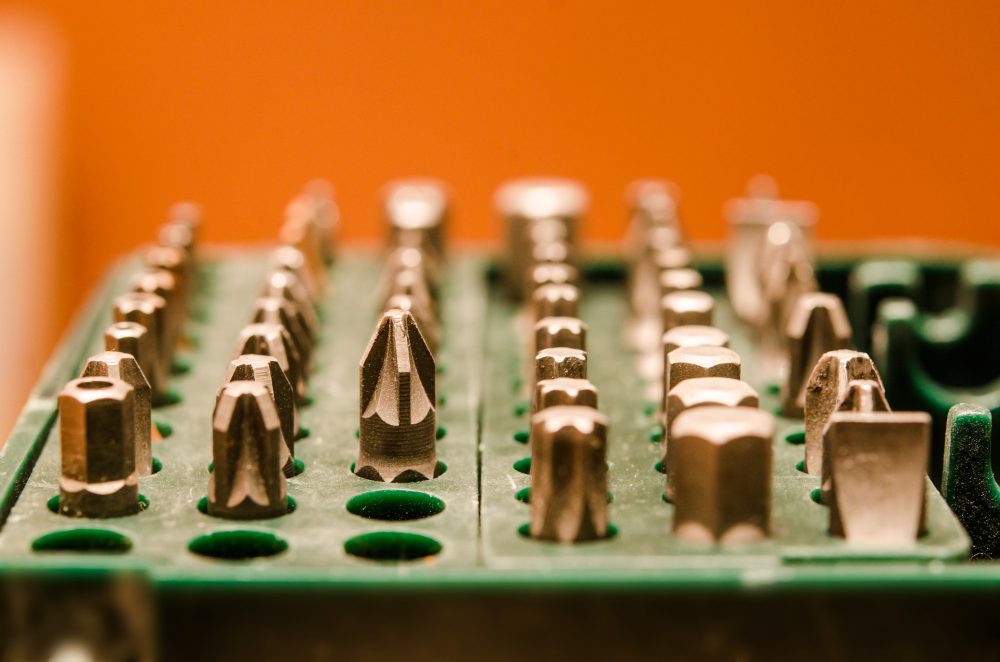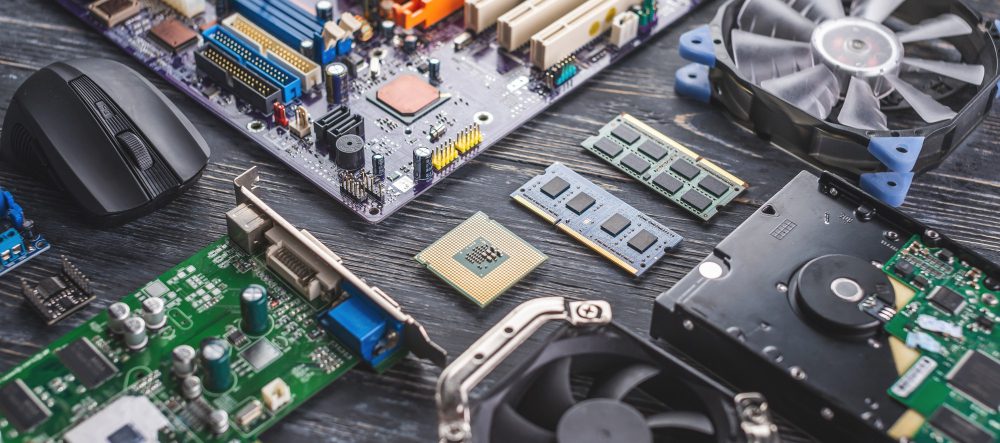Why Motherboard Chipsets Matter
Introduction
Motherboard chipsets are vital components that determine the capabilities and features of a computer’s motherboard. The chipset is a collection of circuits that facilitate communication between the various components of the motherboard, including the processor, memory, storage, and peripherals. In this article, we will discuss why motherboard chipsets matter and how they impact the overall performance and functionality of a computer.
The Importance of Motherboard Chipsets
The motherboard chipset plays a critical role in determining the performance and functionality of a computer. The chipset determines the number and type of processors that the motherboard can support, the maximum amount and speed of memory that the system can handle, and the number and speed of peripheral devices that can be connected to the motherboard.
The chipset also determines the data transfer rate between the various components of the motherboard. A faster chipset can significantly improve the speed and responsiveness of a computer, especially when running processor-intensive applications such as video editing, gaming, or 3D rendering.
Different Types of Chipsets
There are two main types of motherboard chipsets: Northbridge and Southbridge. The Northbridge chipset controls the communication between the processor, memory, and high-speed expansion slots such as PCIe. The Southbridge chipset, on the other hand, manages the communication between the slower devices such as USB, Ethernet, and audio.
In addition to these two main chipsets, modern motherboards may also include additional controllers and chips such as RAID controllers, Ethernet controllers, sound cards, and graphics chips. These additional chips can provide added functionality and performance, but they also increase the complexity and cost of the motherboard.
Chipset Compatibility
It is essential to ensure that the chipset on your motherboard is compatible with the other components of your system. For instance, if you plan to install a high-end processor, you need to ensure that your motherboard has a chipset that can support it.
Similarly, if you need to connect multiple high-speed devices such as NVMe SSDs or high-end graphics cards, you need to ensure that your motherboard has the necessary PCIe lanes and bandwidth to support them.
Does Motherboard Chipset Type Matter?
Yes, the chipset on a motherboard is a crucial component as it manages data between the processor, memory, and peripherals. It can have a significant impact on a system’s performance, features, and also the type and amount of devices that can be connected to the motherboard.
Here are some ways in which the chipset can matter:
- CPU Compatibility: Different chipsets are compatible with different CPUs. This compatibility includes both the CPU socket type and the specific generation or model of the CPU. When building a PC, one must ensure the selected CPU and motherboard chipset are compatible.
- RAM Compatibility and Support: The chipset can dictate the types and speeds of RAM that are supported, as well as the maximum amount of RAM that can be installed.
- Expansion Slots and Peripheral Support: The number and types of expansion slots (PCIe, M.2, etc.) are also determined by the chipset. It also influences the number of USB ports, SATA ports, and other peripheral interfaces.
- Overclocking Capabilities: Some chipsets allow overclocking of the CPU and/or RAM, while others do not. For example, with Intel CPUs, only motherboards with Z and X series chipsets generally allow overclocking.
- Multi-GPU Support: Certain chipsets support multiple GPUs (like Nvidia’s SLI or AMD’s CrossFire), while others do not.
- Advanced Features: Advanced features, like Intel’s Optane technology or AMD’s StoreMI, may only be supported with certain chipsets.
- Performance: While the performance difference between different chipsets is generally small for most users, in high-end systems or specific use-cases, a higher-end chipset can sometimes provide better performance.
So, when building a PC or choosing a motherboard, it’s important to consider the chipset and ensure it supports all the features you need and is compatible with your chosen CPU.
Conclusion
In conclusion, the motherboard chipset is a critical component that determines the capabilities and features of a computer’s motherboard. It determines the number and type of processors that the motherboard can support, the maximum amount and speed of memory that the system can handle, and the number and type of peripheral devices that can be connected to the motherboard.
It is essential to ensure that your motherboard’s chipset is compatible with the other components of your system to ensure optimal performance and functionality. With the right motherboard chipset, you can build a high-performance and feature-rich computer that meets your specific needs and requirements.



